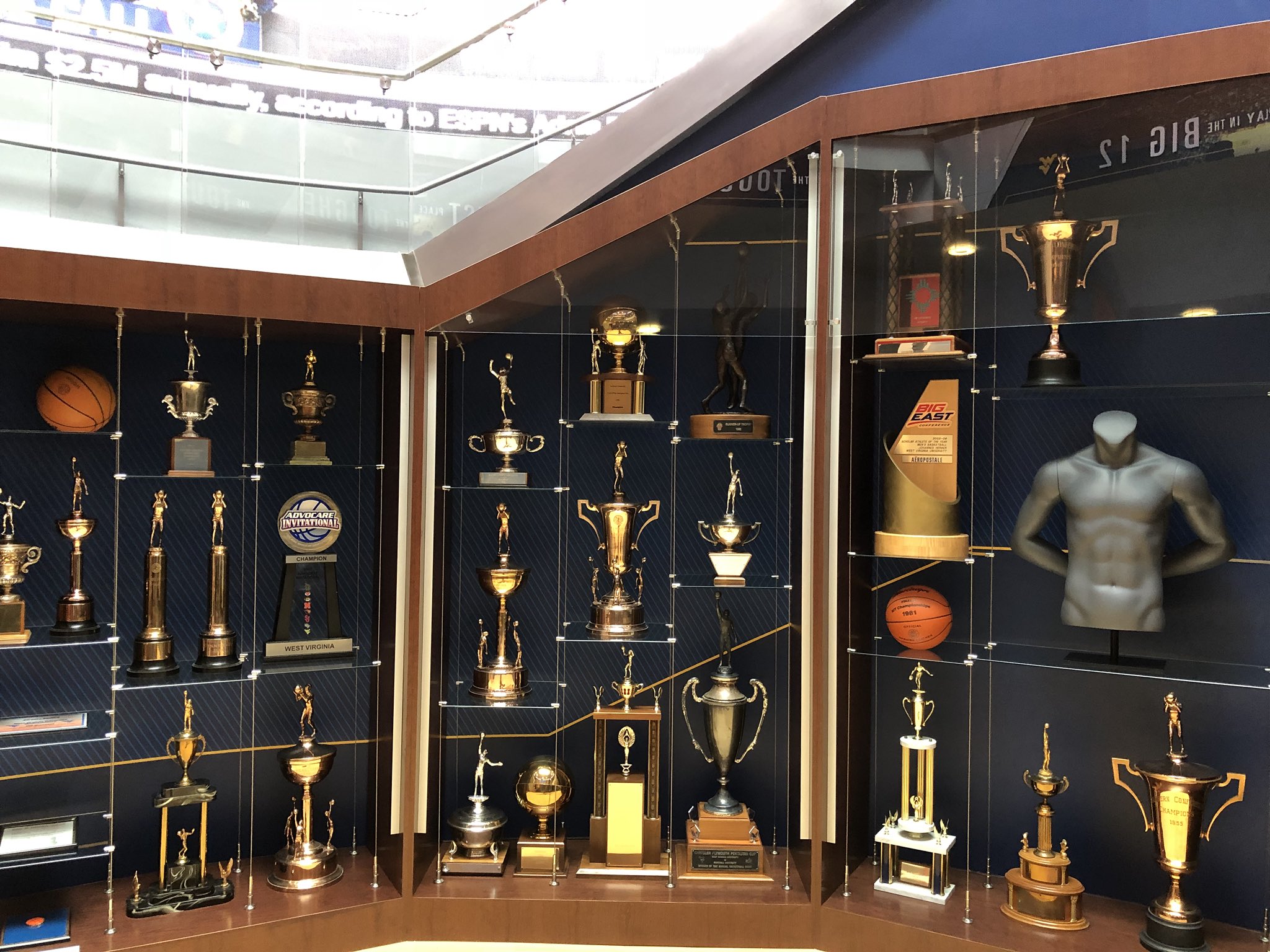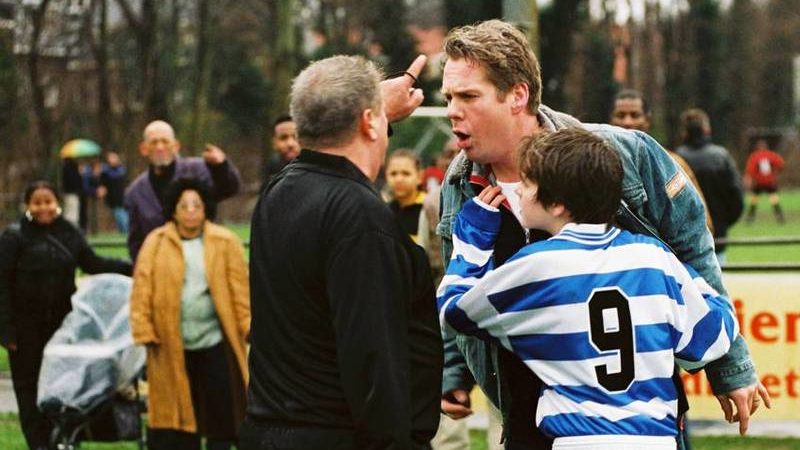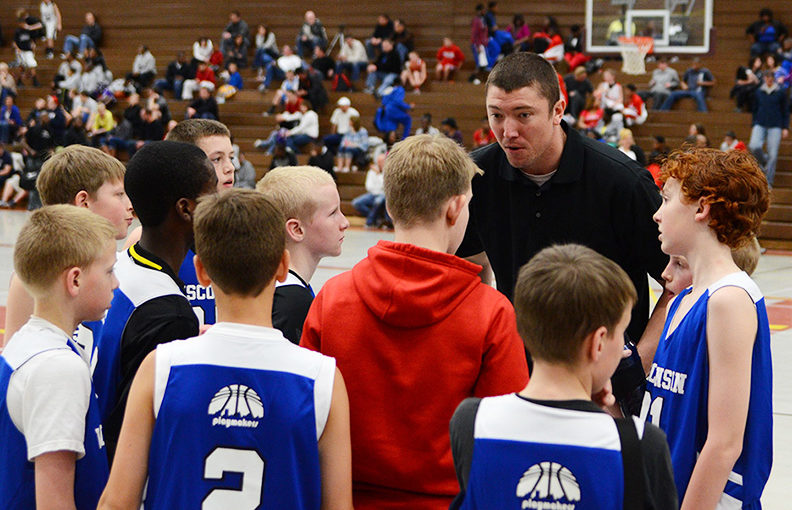A.D.ministration: Organizing Awards Programs
Hosting an awards banquet or program at the conclusion of a season has long been a staple of many high school programs. It is a way to honor and recognize the accomplishments of athletes and teams. In some schools, it may be a tradition that individual sports hold their own event, but considering the education-based athletics concept, it may be time to rethink this approach. Why?
With a sport like football that has a large number of participants, possible parental support, and media attention, you should be able to hold a well-funded outstanding event. For other sports with many fewer athletes, no media attention, and a very limited ability to raise money for any purpose, it may be difficult to offer a banquet or program of the same quality or level. With individual events, therefore, they may not all be comparable, as comprehensive, and achieve the goal of adequately honoring all teams and athletes.
 In order to be fair, equitable, and cost-efficient for all sports, one should really consider holding an overall, encompassing event for all sports in a season instead of individual team events. To do this, however, you need a venue that will be able to accommodate the athletes, coaches, and parents. In addition, it is important to find a way to pay for this effort without placing the burden totally on the parents of your athletes. Lastly, your banquet or program must be organized so that all teams are treated in the same equitable manner because all teams are vital and important in an athletic program. Each and every team is valuable for the athletes who are involved, their parents, and the coaches, and they also better be to an athletic administrator!
In order to be fair, equitable, and cost-efficient for all sports, one should really consider holding an overall, encompassing event for all sports in a season instead of individual team events. To do this, however, you need a venue that will be able to accommodate the athletes, coaches, and parents. In addition, it is important to find a way to pay for this effort without placing the burden totally on the parents of your athletes. Lastly, your banquet or program must be organized so that all teams are treated in the same equitable manner because all teams are vital and important in an athletic program. Each and every team is valuable for the athletes who are involved, their parents, and the coaches, and they also better be to an athletic administrator!
The following are some ideas and approaches that will help you to accomplish these goals.
- Do you hold an awards banquet? In order to host a successful awards banquet, you will need a large enough venue. Normally, the fall season has the most teams and the largest number of participants. Is there an American Legion post, Veterans of Foreign Wars, or civic hall that could be used for a nominal price? Or is there a commercial venue, restaurant, or catering service that meets your needs?
While your cafeteria may not have the ambiance of a restaurant or commercial venue, it can be a cost-effective alternative. With a little help from volunteers, you can spruce it up to match the purpose of honoring teams and athletes.
- Is an awards program with refreshments a better alternative? If you hold your awards recognition function in the auditorium, you can move over to the cafeteria for refreshments and a reception after the awards presentations. If you can get your booster club to sponsor the refreshments, and possibly even some of the awards for the athletes, you can run a very economical event.
- Consider standardizing the number and types of your team awards. If in the past your teams hosted their own individual programs, they may have given out any number of awards to their athletes. In order to be equitable in an overall seasonal program approach, it is best to use the same three or four categories of awards for each sport. Also, keeping within the education-based concept, you might consider staying away from leading scorers and others including the top statistical or positional awards.

You might try instead designating one award for the most valuable player and include some guidelines such as the individual who supported his or her teammates, served as a role model, and provided leadership. An award for the Most Improved Player would be a good example, as well as one in recognition of outstanding sportsmanship, and other similar categories should be considered for all teams.
- Establish limits and guidelines for the remarks made by coaches at your program. To prevent some coaches from going overboard and dominating huge blocks of time, establish limits to keep their comments brief and concise. For example, you can schedule all head coaches for eight minutes to briefly describe the season, say something about each award winner, and make any additional quick comments. In like fashion, junior varsity coaches would get five minutes, and hold both groups of coaches to this expectation in order to be fair and equitable to all sports. This step is also important to keep the program from becoming stagnant and boring for all those in attendance – other teams and parents.
Also provide guidelines for your coaches outlining what is appropriate to mention, the need to avoid inappropriate language, to only use humor that is suitable, and include other suggestions to produce a positive, professional message.
- Suggest to coaches that they can use video or slide presentations. As an alternative to coaches making comments about their athletes, team, and season, they can also use their 8 minutes to produce and use a video or slide presentation. By including photos from the season, background music, and comments, this approach may liven up the evening and keep everyone’s attention and interest a little better. Do remind your coaches that like verbal comments, the presentation needs to be done in good taste, positive and complimentary.
One more advantage of coaches utilizing video or slide presentations is that you can post them on your website, and also share them with families, grandparents, or community members who were unable to attend. If any coaches intend to use this medium, they need to provide their presentation to you or the projector operator on a flash drive prior to the event so that everything is ready to go during the awards program.
- Will you put together a program for the banquet or awards event? If you produce this document for your evening, give all teams one page to list their awards and a few brief paragraphs covering their season. By taking this approach, you are again being fair and equitable to all sports, regardless of their size, attendance at games, or media attention. One page for all.
Another practical benefit of hosting one unified program or event is that businesses and civic groups in the community also will only be contacted once during a season for advertising for an awards program as opposed to being confronted by individual teams. This approach makes it easier and more equitable for everyone involved.
- Change the order of the team presentations season-to-season at your event. This is one more attempt to be fair to all teams, please do not always start your program with the same sport possibly due to its size, success, or media attention. If you set up a rotational order, every team gets to kick off the program and it will also close the event at some point.
It is also important to announce that your athletes, coaches, and parents should stay for the entire program as opposed to leaving after their portion of the event. Taking this approach shows respect for all athletes and teams, and this is exactly how this expectation should be presented to them. Support all fellow athletes, coaches, and teams.
- Invite your principal, superintendent, and school board to attend. It is always wise to involve these school and district leaders in your awards program so that they can see the positive accomplishments and impact that an education-based athletic program can have on young people. In addition, it is also important for the athletes, coaches, and parents to feel that these individuals appreciate and support the teams and program. One unified event can be a win-win situation for everyone involved and it should be!
- Share the list of awards, the program, and video clips with the media – the local weekly newspaper and radio station. All of these materials represent great positive examples of what your athletes, coaches, and teams have accomplished. This step represents a great way to market and promote your program, and it should not be overlooked.
There is a lot that goes into planning and hosting an awards program. But every effort should be made to treat all sports and athletes in a fair, equitable manner, and this might be best done in one encompassing event.





